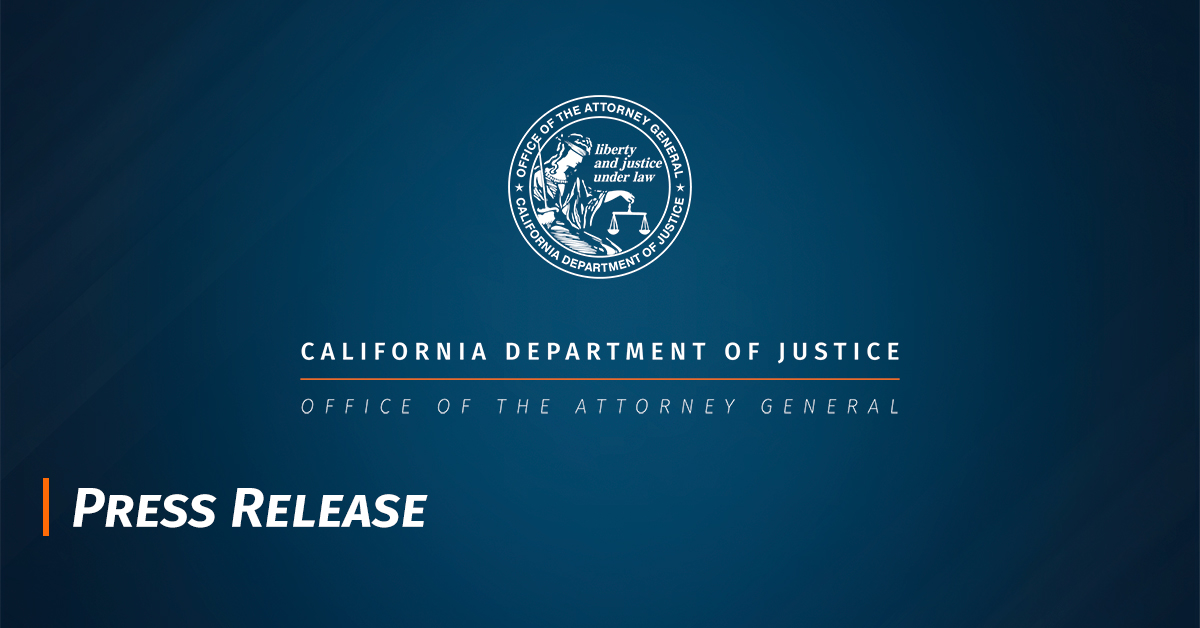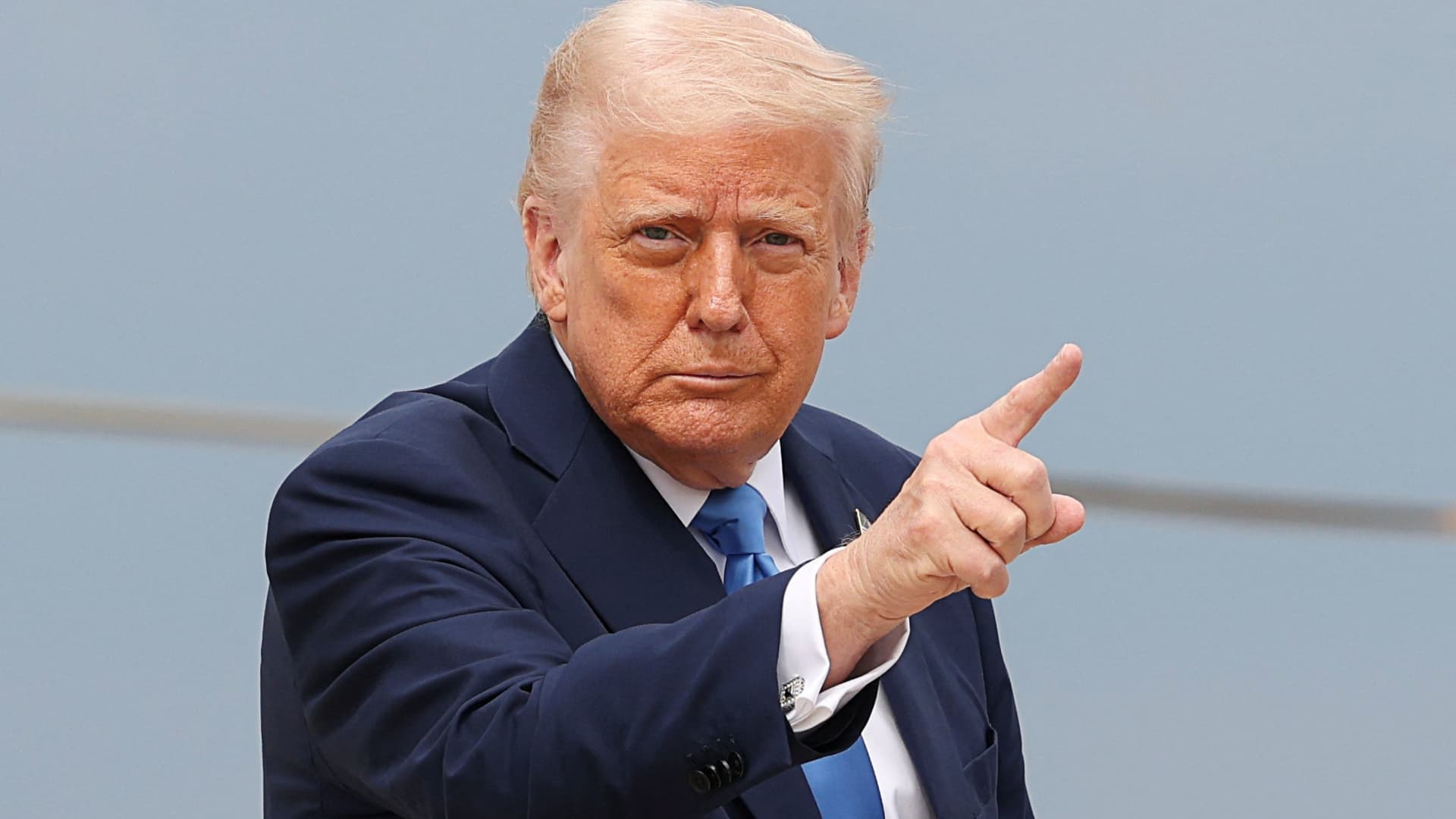Judicial Scandal: Top Indonesian Judge Detained Amid Controversial Palm Oil Corruption Probe
Companies
2025-04-14 04:11:55Content
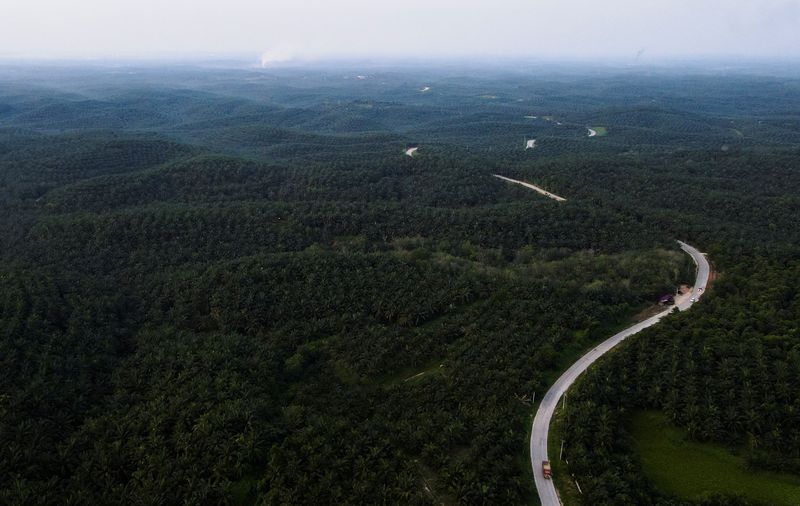
In a dramatic turn of events, Indonesia's Attorney General's Office has taken swift action against judicial corruption, arresting a senior court judge for allegedly accepting a massive bribe to influence a high-profile palm oil export permit case.
The arrest centers on Muhammad Arif Nuryanta, the chief judge of South Jakarta district court, who is accused of receiving a staggering 60 billion rupiah (approximately $3.57 million) from lawyers representing three prominent palm oil companies: Wilmar Group, Musim Mas Group, and Permata Hijau Group.
Last month, these companies were controversially acquitted of misconduct charges related to their 2022 export permits. Now, the Attorney General's Office, through spokesperson Harli Siregar, claims that the acquittal was the result of a calculated bribery scheme designed to secure a favorable court verdict.
The case highlights ongoing concerns about corruption within Indonesia's judicial system and the potential influence of corporate interests on legal proceedings. Investigators are likely to pursue further details about how and why the alleged bribery occurred, potentially uncovering broader systemic issues in the country's legal framework.
This arrest sends a strong message about the Indonesian government's commitment to combating judicial corruption and maintaining the integrity of its legal institutions.
Judicial Corruption Exposed: Palm Oil Giants Implicated in Massive Bribery Scandal
In the intricate world of Indonesian legal proceedings, a shocking revelation has emerged that threatens to unravel the delicate fabric of judicial integrity. The recent arrest of a high-ranking court official has cast a long shadow over the palm oil industry, exposing a web of corruption that reaches into the highest echelons of the judicial system.Unveiling the Truth: When Justice Comes with a Price Tag
The Corruption Landscape of Indonesian Judicial System
The Indonesian legal landscape has long been plagued by whispers of systemic corruption, but the recent case involving prominent palm oil companies brings these allegations into stark relief. The intricate network of power, money, and influence has once again demonstrated its ability to manipulate judicial outcomes with alarming precision. At the heart of this scandal lies a complex interplay of corporate interests and judicial malfeasance that threatens the very foundations of legal fairness. The allegations reveal a sophisticated mechanism of judicial manipulation that goes far beyond simple bribery. Investigators have uncovered a meticulously planned strategy where corporate entities seemingly viewed legal verdicts as commodities to be purchased rather than outcomes to be determined by merit. This systemic approach to judicial corruption represents a profound challenge to Indonesia's efforts to maintain transparency and accountability in its legal institutions.The Anatomy of a Judicial Bribery Scheme
The case centers around three major palm oil conglomerates - Wilmar Group, Musim Mas Group, and Permata Hijau Group - who found themselves at the center of a legal storm. What initially appeared to be a routine acquittal has now transformed into a full-blown investigation that exposes the dark underbelly of corporate-judicial relationships. The staggering sum of 60 billion rupiah (approximately $3.57 million) allegedly exchanged hands, representing a brazen attempt to subvert the course of justice. Muhammad Arif Nuryanta, the chief judge of the South Jakarta district court, now stands as the primary figure in this unfolding drama. His arrest sends a powerful message about the potential consequences of judicial corruption. The case illuminates the complex challenges faced by Indonesia in rooting out systemic corruption that has long been embedded within its institutional frameworks.Implications for Corporate Accountability
This scandal transcends the immediate legal proceedings, raising critical questions about corporate ethics and accountability in the palm oil industry. The implicated companies now face not just legal scrutiny but a potentially devastating blow to their corporate reputation. The incident highlights the urgent need for robust compliance mechanisms and ethical oversight in industries known for their significant environmental and economic impact. The palm oil sector, already under intense global scrutiny for its environmental practices, now finds itself confronting an additional layer of reputational risk. International investors, environmental organizations, and regulatory bodies are likely to view this incident as a critical indicator of the industry's broader ethical standards.Broader Context of Judicial Reform in Indonesia
The arrest represents a potentially pivotal moment in Indonesia's ongoing efforts to combat judicial corruption. It demonstrates a willingness by authorities to pursue high-profile cases and challenge entrenched systems of illicit influence. However, the incident also underscores the deep-rooted challenges that remain in transforming institutional cultures that have long been characterized by opacity and potential misconduct. Legal experts suggest that this case could serve as a watershed moment, potentially triggering more comprehensive reforms in the judicial system. The transparency and thoroughness of the investigation will be crucial in determining whether this represents a genuine commitment to systemic change or merely a superficial response to public pressure.RELATED NEWS
Companies
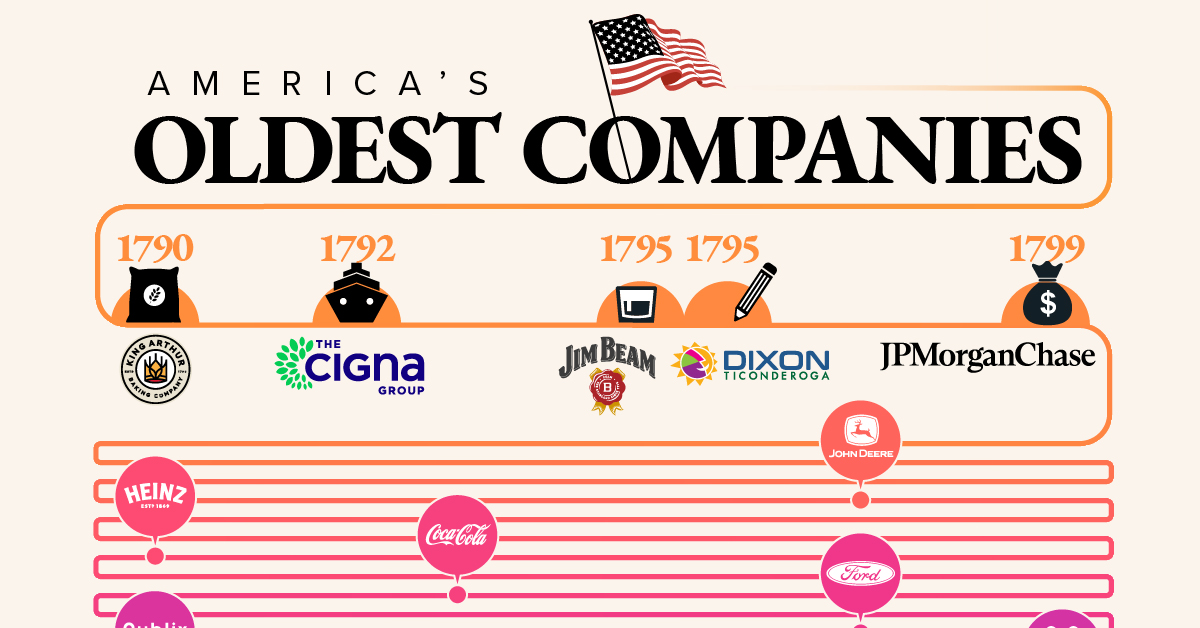
Roots of Enterprise: The Enduring Legacy of America's Pioneering Businesses
2025-04-15 20:12:46
Companies
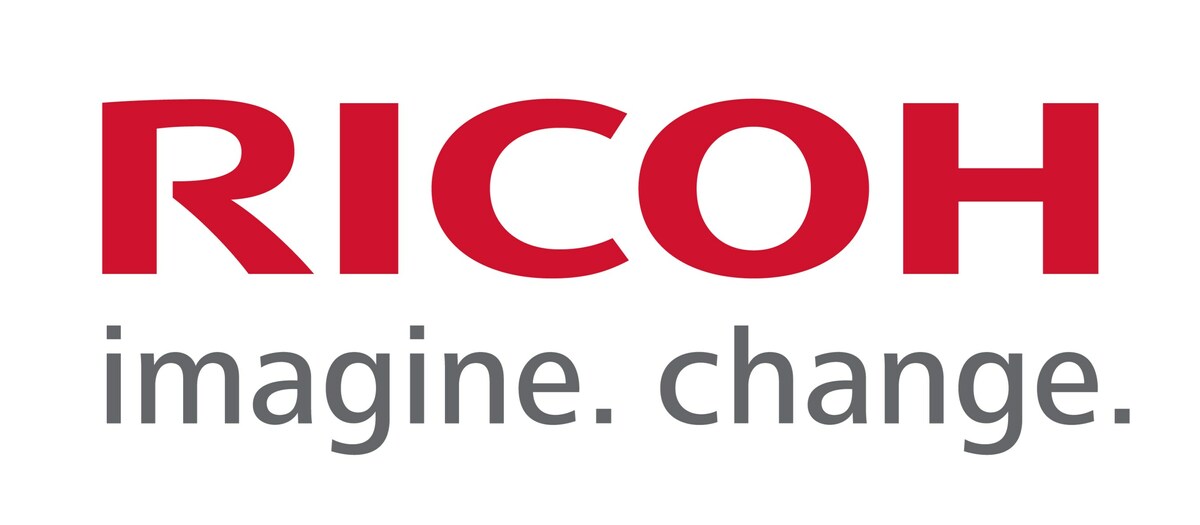
Breaking: Ricoh Clinches Prestigious Spot on TIME Asia-Pacific's Elite 2025 Corporate Honors List
2025-03-18 02:00:00
Companies
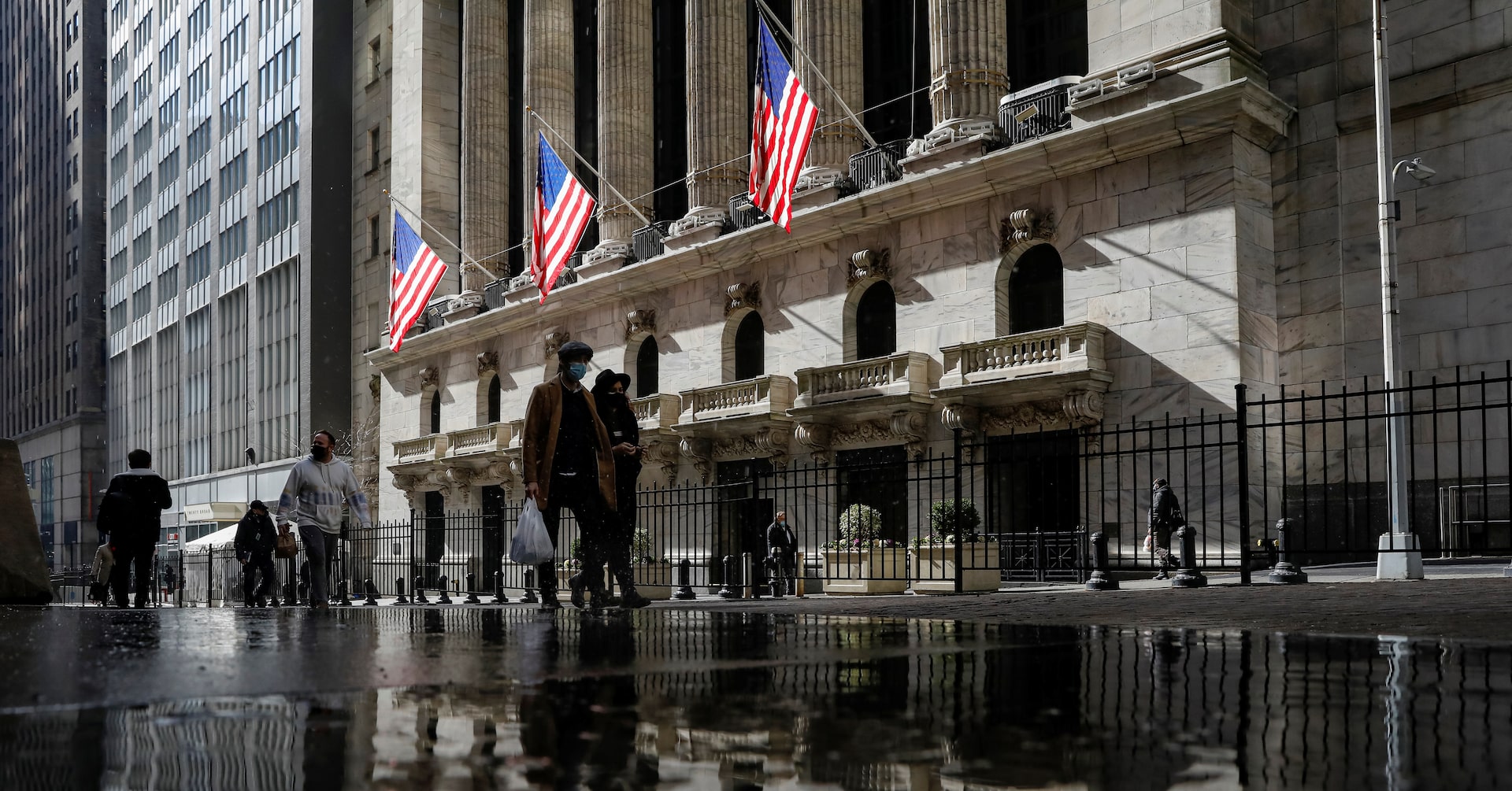
Trade Tremors: How Trump's Tariff Tsunami Is Shaking Up Corporate America
2025-03-04 06:10:06



